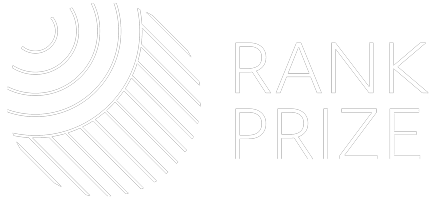Meiosis: Controlling the Recombination Landscape
Nutrition
4-7 April 2022
We gathered in Grasmere at the Wordsworth Hotel for a memorable meeting exploring the recombination landscape of plants, animals, and fungi. Recombination is a highly conserved process occurring in the germline during meiosis that exerts a profound effect on genetic diversity, evolution, and is further a critical tool during crop improvement. It has long been appreciated that the relative frequency of recombination along chromosomes is highly variable, with hotspots and coldspots, and the scientific aim of the meeting was to explore this landscape, considering the mechanisms at play, how this process evolves (and which in turn influences evolution), and its utility with population genetics, and particularly the breeding of plants and animals in agriculture.
The cross-kingdom perspective worked very well, and we considered recombination in species with a range of genome sizes and structures. The meeting began with mechanistic research exploring control of fine-scale recombination hotspots, their effects on mutation rates, and in turn how polymorphism itself can feedback onto the formation of crossovers. Mechanisms that influence recombination at the broad scale were discussed, including the enigmatic process of interference, where crossovers inhibit one another in a distance-dependent manner. Recombination patterns were considered in large genome crop plants and animals, including wheat, barley, cattle, and salmon, including how these patterns can limit strain improvement. We considered centromeres, sometimes termed the black holes of chromosomes, and the potent suppressive effect they exert on recombination. On the last day we heard about new long read sequencing techniques, including Oxford Nanopore Technology, and innovative ways to construct multi-parent breeding systems and target recombination, which have the potential to advance crop improvement.
For many of us, this was our first in person meeting, since the pandemic began, and so discussing face-to-face, hearing about each other’s research, was immensely appreciated and enjoyed by the attendees. The intimate and warm environment of the hotel along with the bracing walk around Grasmere, created the perfect location to explore our scientific questions on recombination, and we hope will lead to long lasting research collaborations, grants and networks, together with new ways of working. The GUILD app is being used by attendees to facilitate ongoing engagement and collaborations by our new community.
Organisers
Malcolm Bennett (University of Nottingham, Rank Prize Nutrition Committee)
Keith Edwards (University of Bristol)
Ian Henderson (University of Cambridge)
Speakers and attendees
| Cathrine Brekke |
| Chloé Girard |
| Qichao Lian |
| Melanie Lim |
| Lucia Massari |
| CJ Yang |
| Rajiv Sharma |
| Luz Maria Lopez Ruiz |
| Ellie Wright |
| Stephen Gray |
| Chris Morgan |
| Jamie Orr |
| Nicola Gorringe |
| Robin Burns |
| Ipsita Agarwal |
| George Brown |
| Zach Baker |
| André Marques |
| Wojtek Pawlowski |
| Abby Dernburg |
| Susan Johnston |
| Matthew Loose |
| Adele Marston |
| Matt Neale |
| Ian Mackay |
| Anjali Hinch |
| Robbie Waugh |
| James Higgins |
| John McAuley |


